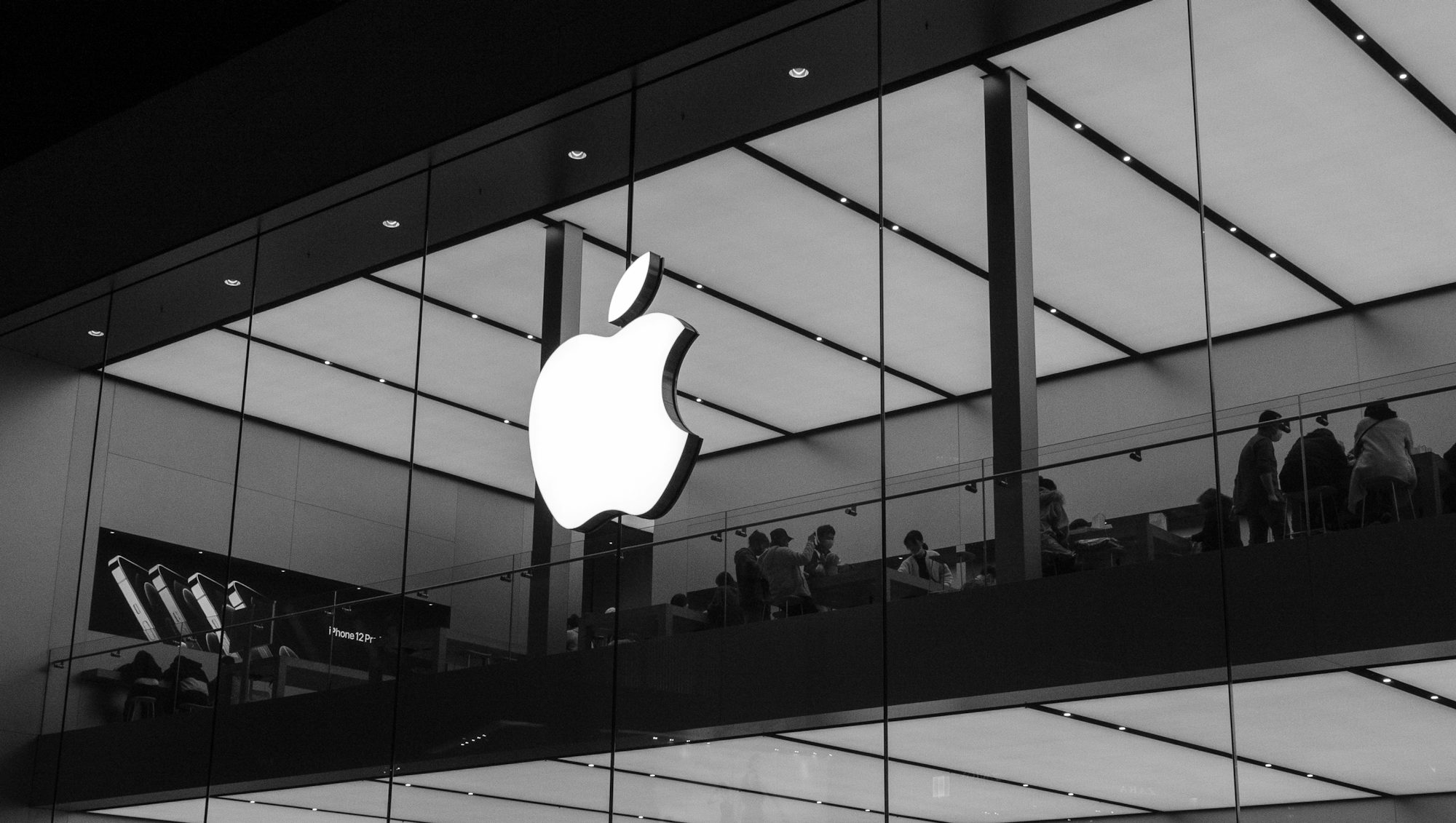Navigating the Future of Retail: Embracing Technology and Sustainability
Technology has revolutionized the way consumers shop and interact with brands. From mobile apps to artificial intelligence, the retail environment is becoming more personalized and efficient. One of the most business help notable advancements is the rise of e-commerce, which has fundamentally changed consumer behavior. business strategy The convenience of online shopping allows consumers to browse products from anywhere, and retailers are responding by investing in their online platforms. Websites are being optimized for mobile use, ensuring a seamless shopping experience that caters to on-the-go consumers.
In addition to e-commerce, the integration of artificial intelligence (AI) is reshaping the retail experience. Retailers are utilizing AI to analyze consumer data, enabling them to offer personalized recommendations and targeted marketing. By understanding individual preferences, brands can tailor their messaging and product offerings to meet customer needs, fostering loyalty and encouraging repeat business. For example, online retailers like Amazon use AI algorithms to suggest products based on previous purchases, enhancing the shopping experience and driving sales.
Moreover, the use of augmented reality (AR) is becoming increasingly popular in retail. AR technology allows customers to visualize products in their own spaces before making a purchase. Furniture retailers like Wayfair have adopted AR apps that enable customers to see how a piece of furniture would fit in their homes, eliminating uncertainty and enhancing the decision-making process. This interactive approach not only boosts customer confidence but also increases conversion rates, as consumers are more likely to make a purchase when they can envision the product in their environment.
While technology plays a critical role in the future of retail, sustainability is equally essential. Modern consumers are becoming more conscious of their environmental impact and are seeking brands that prioritize responsible practices. Retailers that embrace sustainability not only appeal to eco-conscious consumers but also contribute positively to the planet. decor This includes adopting eco-friendly packaging, reducing waste, and sourcing materials responsibly.
One notable example of a brand committed to sustainability is Unilever, which has implemented various initiatives aimed at reducing its carbon footprint and promoting ethical sourcing. The company actively seeks to minimize plastic use and is working towards a more sustainable supply chain. By prioritizing these practices, Unilever not only enhances its brand image but also aligns with the values of its environmentally aware consumers.
Additionally, transparency in the supply chain is becoming increasingly important. Consumers want to know where their products come from and how they are made. Retailers that provide detailed information about their sourcing practices can build trust with customers. Brands like Everlane have successfully adopted a transparent approach by showcasing their supply chains and providing insight into their manufacturing processes. This commitment to transparency resonates with consumers, fostering loyalty and encouraging them to support the brand.
The integration of technology and sustainability is not just about meeting consumer demands; it also offers retailers a competitive advantage. Brands that innovate and adopt responsible practices can differentiate themselves in a crowded market. For instance, the rise of circular fashion is reshaping the apparel industry, with brands focusing on recycling materials and promoting secondhand shopping. Companies like Patagonia have embraced this model, encouraging customers to buy used items and repair their clothing, thus extending the lifecycle of their products.
Furthermore, retailers can leverage technology to enhance their sustainability efforts. Data analytics allows brands to monitor their environmental impact, identify areas for improvement, and optimize their operations. For example, retailers can use analytics to track energy usage, reduce waste, and manage inventory more efficiently. By harnessing these insights, brands can make informed decisions that contribute to both their bottom line and the health of the planet.
As retailers navigate the future, it is crucial to prioritize the customer experience. Brands that create meaningful interactions and foster emotional connections will thrive. This involves not only offering high-quality products but also providing exceptional service and engaging experiences. Retailers can enhance customer experiences by integrating technology in ways that resonate with consumers, such as offering personalized shopping experiences, engaging social media content, and interactive in-store displays.
Additionally, retailers should consider the role of community engagement in building brand loyalty. By hosting events, workshops, and community initiatives, brands can connect with consumers on a deeper level. For example, local bookstores often organize author readings and book clubs, fostering a sense of belonging among customers. This community focus not only enhances the shopping experience but also encourages repeat visits and customer advocacy.
Looking ahead, the future of retail will be shaped by those who embrace technology and sustainability as integral components of their strategies. Brands that prioritize innovation and responsible practices will be well-positioned to succeed in an increasingly competitive landscape. As consumers continue to seek meaningful connections with brands, retailers must adapt to meet these evolving expectations.
In conclusion, the integration of technology and sustainability is essential for the future of retail. By leveraging advancements in technology and committing to responsible practices, retailers can enhance customer experiences, foster loyalty, and differentiate themselves in the marketplace. The journey towards a more sustainable and technologically advanced retail environment is not only beneficial for businesses but also vital for creating a positive impact on society and the planet. As we move forward, retailers that embrace these changes will lead the way in shaping the future of shopping.
